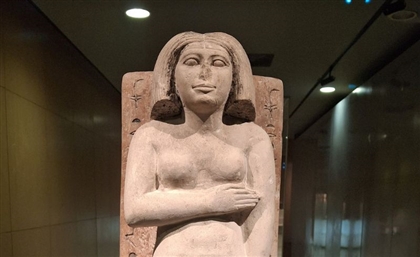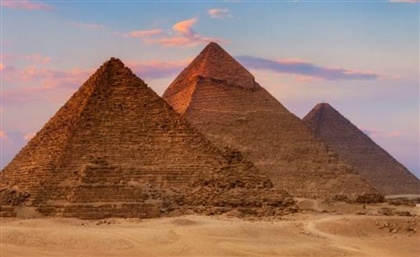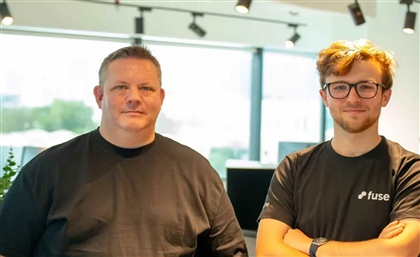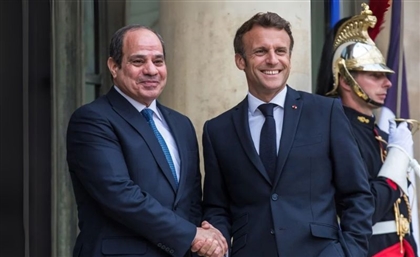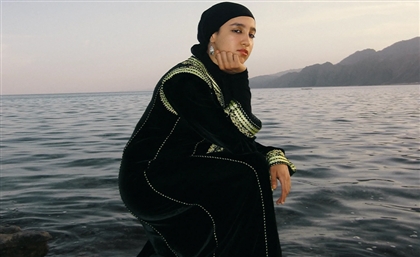The Organisation Turning to the Past to Empower Women in the Present
The Women and Memory Forum aims to empower and inspire Egyptian women by rethinking history, memory and narrative.

The way we interact with history shapes our collective consciousness. From an early age, as women, we are subtly conditioned to see power and influence as the domain of men. Even if we learn to challenge this notion, we still live in a world that amplifies male voices while silencing women. As a result, a sense of inferiority seeps into our subconscious. We may not often realise it, but memory and knowledge are ultimately the most powerful tools we have as women. Cairo-based organisation The Women and Memory Forum (Al-Mara’ wa Al-Zakira) is dedicated to helping women reclaim and wield these tools.
“The archive is knowledge and social consciousness,” co-founder of the Women and Memory Forum Hoda Elsadda tells CairoScene. “Women’s empowerment starts not with looking towards the future, not at the present, but looking first to the past. This is the essence of our organisation.”
The archive is an inherently selective institution, one that decides what should be remembered and what is to be forgotten. “Conventional archives often erase and misrepresent women’s voices and as such, distort our historical understanding and collective consciousness in the present,” Elsadda explains. “The forum is an intervention in the writing of Arab cultural history and works to challenge these flawed historical narratives in order to reshape female agency in the present.”
The forum hosts a digital and physical archive of key feminist texts, literary works by female Egyptian authors, and films that have proven crucial in the gender studies field. At its headquarters in Dokki, the forum offers its onsite users free computer and internet access. Users can browse through their online journals and archives, while being provided with library assistance. “We aim to equip all women with the knowledge often denied to them in mainstream society,” Elsadda says.
 copy-b89de2ee-afee-4652-935d-58f401033f5b.jpg)
The organisation puts together a diverse range of projects, all with the unifying goal of disseminating alternative feminist knowledge, and encouraging constant interaction with it. “The Women’s Oral History Archive project began in the early 1990s and contains interviews with Egyptian women of different age groups, from diverse backgrounds, who have had a strong impact on society: teachers, intellectuals, filmmakers,” Elsadda explains. “The project aims to give them the recognition they deserve.” The interviews are all available on the WMF website.
Similarly, one of the organisation’s earliest projects, Remembering Pioneering Women, aims to resurrect and retrieve the memory of Egyptian women whose legacy has been forgotten, or marginalised. In order to do so, WMF reprints these women’s out-of-print works and organises conferences in their honour, which have been well-attended by women of all backgrounds and ages.
Recognising a discrepancy between work on feminist thought and gender issues in English and in Arabic, WMF also embarked on its Feminist Translations project, which seeks to transfer knowledge about feminist thought and gender issues into Arabic. This project also aims to create an Arabic glossary of gender and feminist-oriented terminology.
Recognising that, fundamentally, history and narrative are two interchangeable terms, the organisation also launched a Gender Sensitive Storytelling Project. The project brings together groups of Egyptian women working in the fields of literary criticism, creative writing, social and cultural history, and theatre to analyse and rewrite folk literature in colloquial Egyptian Arabic from a gender-sensitive perspective. WMF has published two volumes of collected stories drawn from these story-writing workshops, one entitled ‘What the Storyteller Said’ (‘Qalat Al-Rawiyya’) and ‘What the Storyteller Said, What Shahrazad Did Not Say’ (‘Qalat al-Rawiyyaat… Ma Lam Taqulhu Shahrazad’). Over the years, WMF has even published a training manual on how to conduct story writing workshops to raise awareness on gender issues in schools.
This International Women’s Day, The Women and Memory Forum serves as a powerful reminder to look back before we move forward. “By uncovering and embracing the voices of women from the past, we may find strength and inspiration in the present,” Elsadda tells me. “Memory is the most powerful tool we have as women. We just need to learn how to use it.”
- Previous Article New Prepaid Meters to Be Installed in Mosques & Service Buildings
- Next Article The Brilliance of Basuna Mosque by Dar Arafa Architecture





